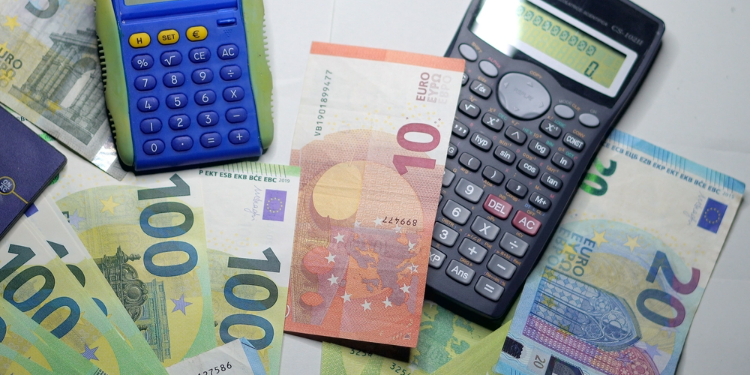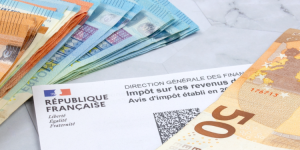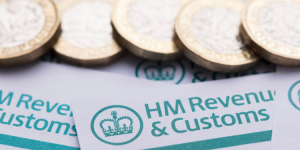
Last January, the Belgian government introduced two new tax regimes, some of which are expected to affect expatriates. On May 6, a long circular was issued, providing details on these two regimes. This reform was initially supposed to be simple, ending some types of tax benefits and supporting low-income families. How does this affect expats?
What should expats expect from these reforms?
On January 1, 2022, the Belgian government introduced two new tax regimes for expatriates: the special tax regime for impatriates (RSII) and the special tax regime for impatriate researchers (RSICI). These two new statuses split and replace the former status of foreign executives. The RSII targets foreign employees and entrepreneurs, while the RSICI targets foreign employees. But that's not all. What's new about this reform is that Belgians are also eligible for these two regimes.
Besides, a minimum salary threshold has been introduced by the government. According to this regime, expatriates will have to earn more than 75,000 euros gross per calendar year. The circular of May 6 provides details. The gross sum of 75,000 euros will be determined by the activities carried out in Belgium. But although the law was implemented in January 2022, the former system remains valid for two years. Still, expatriates who wish to switch immediately to the new regime must have earned more than 75,000 euros gross in the calendar year at the time of their application. Indeed, they need to prove that they earn this amount throughout the calendar year. In the case of a drop in income, the tax regime no longer applies.
A reform that questions equality
Supporters of this reform recall that expatriates in Belgium have benefited from a very generous tax system for many years. Since 1983, the Belgian tax system has been attracting wealthy foreigners and investors. The country not only met but, in fact, went well above its objectives. However, this isn't at the taste of low-income middle classes -- which is why reform was much needed.
The circular of May 6 clarifies or confirms other provisions of the law of January 1: the 75,000 euros are considered before deduction of social security contributions. They must relate to fixed remuneration, so this includes all benefits that are actually quantifiable at the time of the request. Conversely, future or hypothetical profits are not taken into account.
Whether expats should worry or not depends on the point of view. Supporters of social justice point out that Belgian taxation is one of the most unequal in Europe. While the wealthiest benefit from exemptions and other favorable regimes, low-income categories pay higher taxes. Besides, Belgium is renowned overall for its high tax rates. Workers with a yearly income of 12,000 euros are likely to pay up to 40% income tax.
What about foreign investors?
It's still early to determine whether foreign investors will still consider Belgium as their next stop and whether wealthy expats are going to leave. For now, the "great Belgian tax reform" is at the center of debates. The Ministry of Finance recognizes that this reform plan has a long way to go before being finally accepted by the masses.



















